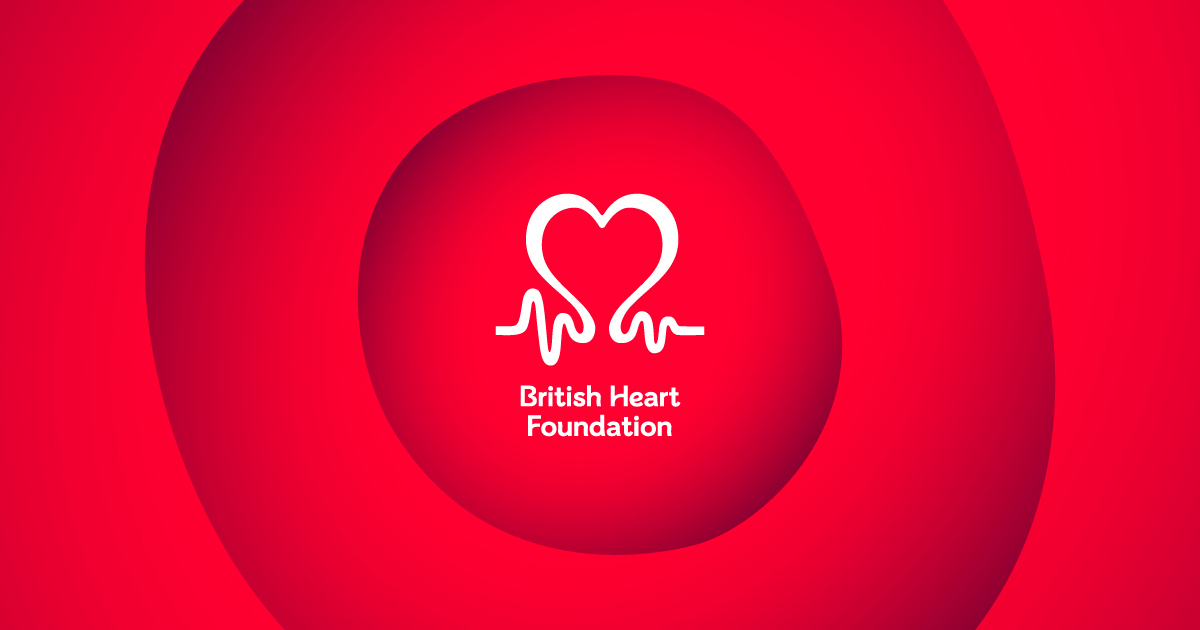Professor Peter Weissberg says:
Atrial fibrillation (AF) is the most common heart rhythm disturbance and is the leading cause of stroke. New guidelines have been released to help manage AF better and prevent more strokes. The revised guidance, issued by the Government’s National Institute for Health and Care Excellence, now recommends that people with AF who are at significant risk of stroke are prescribed an anticoagulant such as warfarin, dabigatran etexilate, apixaban or rivaroxaban instead of aspirin to reduce their risk.
This is due to the growing body of evidence that warfarin and the newer anticoagulants are much more effective at preventing stroke than aspirin.
However, not all people with AF need to take an anticoagulant and each person should have their risk of both stroke and bleeding assessed. This will allow your doctor to make a decision on whether an anticoagulant is appropriate.
Learn more about the new anticoagulants, such as dabigatran etexilate, apixaban or rivaroxaban
 Meet the expert
Meet the expert
Professor Peter Weissberg is the former Medical Director of the BHF and Honorary Consultant Cardiologist to Addenbrooke’s Hospital. He has a special interest in atherosclerosis.






 Meet the expert
Meet the expert

